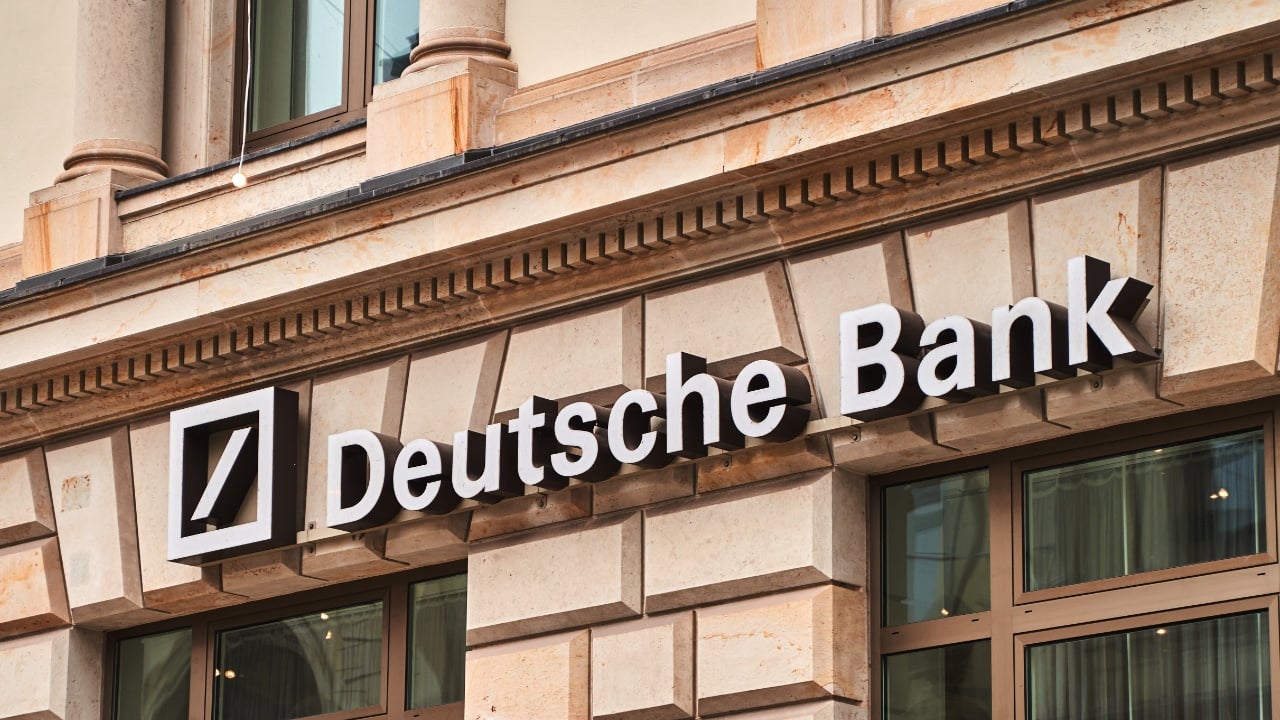Deutsche Bank’s foray into the crypto custody space by 2026 represents a watershed moment for both the bank and the broader financial ecosystem. As one of the world’s most influential financial institutions, Deutsche Bank’s decision to enter the crypto custody market underscores the growing acceptance and integration of digital assets into traditional finance. This move is not just about offering a new service; it’s about positioning the bank at the forefront of a financial revolution.
The crypto custody market has evolved significantly over the past few years, driven by the increasing demand from institutional investors for secure and regulated ways to hold and manage their digital assets. Traditional financial institutions have been cautious about entering this space due to regulatory uncertainties and technological complexities. However, the success of specialized firms like Coinbase Custody, Fidelity Digital Assets, and Anchorage Digital has demonstrated the viability and necessity of institutional-grade custody solutions. Deutsche Bank’s entry into this market adds a new layer of legitimacy and credibility, potentially attracting a wider range of institutional participants.
Deutsche Bank’s strategy for entering the crypto custody market is a collaborative one, leveraging the expertise of established players in the crypto industry. The bank has partnered with Bitpanda, an Austrian-based crypto exchange known for its user-friendly and secure trading platforms, and Taurus, a Swiss-based company specializing in digital asset infrastructure for financial institutions. This collaborative approach allows Deutsche Bank to combine its financial strength and global reach with the specialized knowledge and technology of leading crypto firms. By doing so, the bank can minimize risk, accelerate time-to-market, and offer a competitive and comprehensive custody solution.
The key features and potential offerings of Deutsche Bank’s crypto custody service are likely to include secure storage solutions, institutional-grade security measures, regulatory compliance, support for multiple assets, and integration with other banking and financial services. Secure storage will be a core function, employing a combination of cold storage and warm storage solutions to protect against hacking and theft. Institutional-grade security measures, such as biometric authentication and regular security audits, will be essential to meet the stringent requirements of institutional investors. Regulatory compliance will be crucial, with the bank needing to adhere to anti-money laundering (AML) regulations and know-your-customer (KYC) requirements. Support for multiple assets will allow institutional investors to diversify their crypto holdings, while integration with other services will create a seamless digital asset ecosystem.
The implications of Deutsche Bank’s entry into the crypto custody market are far-reaching. It is expected to increase institutional adoption of crypto, providing a secure and regulated custody solution that could unlock significant capital inflows into the market. This could drive up prices, increase liquidity, and attract a wider range of investors. The involvement of a major bank like Deutsche Bank adds a new level of legitimacy and credibility to the crypto market, helping to dispel lingering concerns about the risks and uncertainties of digital assets. Greater regulatory clarity is also expected, as more traditional financial institutions enter the crypto space, forcing regulators to provide clearer guidance and regulations. This could create a more stable and predictable environment for crypto businesses, fostering innovation and growth. Additionally, the entry of Deutsche Bank will intensify competition in the crypto custody market, pushing existing players to innovate and improve their services, ultimately benefiting investors.
Despite the promising prospects, Deutsche Bank’s plans for crypto custody come with challenges. The technological complexity of building and maintaining a secure and reliable crypto custody platform requires significant technical expertise. The bank will need to continue investing in talent and technology to stay ahead of the curve. Regulatory uncertainty remains a significant hurdle, as the regulatory landscape for crypto is still evolving. Deutsche Bank will need to be prepared to adapt to changing rules and requirements. Competition in the crypto custody market is already fierce, and Deutsche Bank will need to differentiate its service to attract clients. However, the opportunities are immense. By successfully launching its crypto custody service, Deutsche Bank can solidify its position as a leader in digital finance, attract new clients, and generate significant revenue.
In conclusion, Deutsche Bank’s planned launch of a crypto custody service in 2026 marks a significant step towards the mainstream adoption of digital assets. It signals that the world’s largest financial institutions are taking crypto seriously and are prepared to invest in the infrastructure needed to support its growth. This move has the potential to unlock significant capital inflows into the market, drive innovation, and transform the future of finance. While challenges remain, the opportunities for Deutsche Bank and the broader crypto industry are vast. The sleeping giant has awakened, and the financial world will never be the same.

